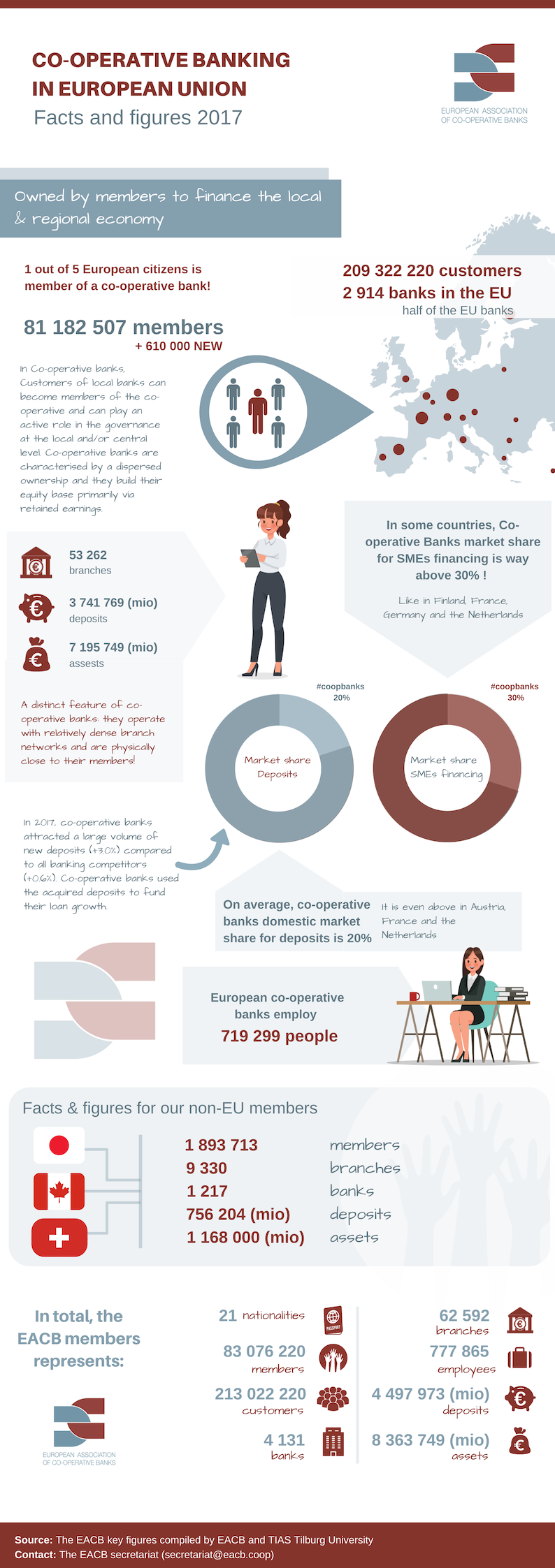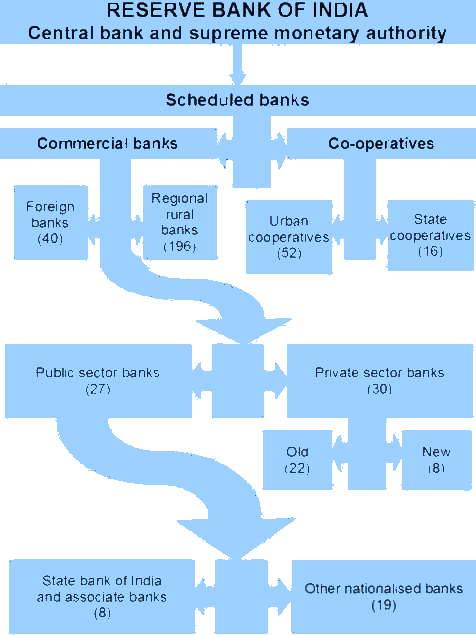|
Loan Waiver
A loan waiver is the waiving of the real or potential liability of the person or party who has taken out a loan through the voluntary action of the person or party who has made the loan. Examples of loan waivers include the Stafford Loan Forgiveness program in the United States and the Agricultural Debt Waiver and Debt Relief Scheme in India Stafford Loan Forgiveness In certain situations, the United States Federal Government can waive all or a part of an education loan through the Stafford Loan Forgiveness program. Eligibility for the program depends on the borrower meeting certain service criteria after they have completed their education. These can include one of the following: * Volunteer work in federal programs such as AmeriCorps, the Peace Corps, or Volunteers in Service to America (VISTA) * Military service such as serving in the Army National Guard * Teaching full-time in schools whose students predominantly come from low-income families * Practicing law in public int ... [...More Info...] [...Related Items...] OR: [Wikipedia] [Google] [Baidu] |
Waiver
A waiver is the voluntary relinquishment or surrender of some known right or privilege. Regulatory agencies of state departments or the federal government may issue waivers to exempt companies from certain regulations. For example, a United States law restricted the size of banks, but when banks exceeded these sizes, they obtained waivers. In another example, the United States federal government may issue waivers to individual states so that they may provide Medicaid in different ways than the law typically requires. While a waiver is often in writing, sometimes a person's words can also be used as a counteract to a waiver. An example of a written waiver is a disclaimer, which becomes a waiver when accepted. When the right to hold a person liable through a lawsuit is waived, the waiver may be called an exculpatory clause, liability waiver, legal release, or hold harmless clause. In some cases, parties may sign a "non-waiver" contract which specifies that no rights are waived, ... [...More Info...] [...Related Items...] OR: [Wikipedia] [Google] [Baidu] |
Indian National Congress
The Indian National Congress (INC), colloquially the Congress Party but often simply the Congress, is a political party in India with widespread roots. Founded in 1885, it was the first modern nationalist movement to emerge in the British Empire in Asia and Africa. From the late 19th century, and especially after 1920, under the leadership of Mahatma Gandhi, the Congress became the principal leader of the Indian independence movement. The Congress led India to independence from the United Kingdom, and significantly influenced other anti-colonial nationalist movements in the British Empire. Congress is one of the two major political parties in India, along with its main rival the Bharatiya Janata Party. It is a "big tent" party whose platform is generally considered to lie in the centre to of Indian politics. After Indian independence in 1947, Congress emerged as a catch-all and secular party, dominating Indian politics for the next 20 years. The party's first prime min ... [...More Info...] [...Related Items...] OR: [Wikipedia] [Google] [Baidu] |
Moneylender
In finance, a loan is the lending of money by one or more individuals, organizations, or other entities to other individuals, organizations, etc. The recipient (i.e., the borrower) incurs a debt and is usually liable to pay interest on that debt until it is repaid as well as to repay the principal amount borrowed. The document evidencing the debt (e.g., a promissory note) will normally specify, among other things, the principal amount of money borrowed, the interest rate the lender is charging, and the date of repayment. A loan entails the reallocation of the subject asset(s) for a period of time, between the lender and the borrower. The interest provides an incentive for the lender to engage in the loan. In a legal loan, each of these obligations and restrictions is enforced by contract, which can also place the borrower under additional restrictions known as loan covenants. Although this article focuses on monetary loans, in practice, any material object might be lent. Ac ... [...More Info...] [...Related Items...] OR: [Wikipedia] [Google] [Baidu] |
Asia Times
''Asia Times'' (), formerly known as ''Asia Times Online'', is a Hong Kong-based English language news media publishing group, covering politics, economics, business, and culture from an Asian perspective. ''Asia Times'' publishes in English and simplified Chinese. History The Hong Kong website is a direct descendant of the Bangkok-based print newspaper that was launched in 1995 and closed in mid-1997. ''Asia Times Online'' was created early in 1999 as a successor in "publication policy and editorial outlook" to the print newspaper ''Asia Times'', owned by Sondhi Limthongkul, a Thai media mogul and leader of the People's Alliance for Democracy, who later sold his business. The new publishing company is Asia Times Holdings Limited, incorporated and duly registered in Hong Kong. Many reporters from the ''Asia Times'' print edition continued their careers as journalists, and a group of those contributors created ''Asia Times Online'' as a successor to the ''Asia Times''. The ... [...More Info...] [...Related Items...] OR: [Wikipedia] [Google] [Baidu] |
Populism
Populism refers to a range of political stances that emphasize the idea of "the people" and often juxtapose this group against " the elite". It is frequently associated with anti-establishment and anti-political sentiment. The term developed in the late 19th century and has been applied to various politicians, parties and movements since that time, often as a pejorative. Within political science and other social sciences, several different definitions of populism have been employed, with some scholars proposing that the term be rejected altogether. A common framework for interpreting populism is known as the ideational approach: this defines ''populism'' as an ideology which presents "the people" as a morally good force and contrasts them against "the elite", who are portrayed as corrupt and self-serving. Populists differ in how "the people" are defined, but it can be based along class, ethnic, or national lines. Populists typically present "the elite" as comprising the p ... [...More Info...] [...Related Items...] OR: [Wikipedia] [Google] [Baidu] |
Indian Parliament
The Parliament of India ( IAST: ) is the supreme legislative body of the Republic of India. It is a bicameral legislature composed of the president of India and two houses: the Rajya Sabha (Council of States) and the Lok Sabha (House of the People). The president in his role as head of the legislature has full powers to summon and prorogue either house of Parliament or to dissolve the Lok Sabha. The president can exercise these powers only upon the advice of the prime minister and his Union Council of Ministers. Those elected or nominated (by the president) to either house of Parliament are referred to as members of Parliament (MPs). The members of parliament of the Lok Sabha are directly elected by the Indian public voting in single-member districts and the members of parliament of the Rajya Sabha are elected by the members of all state legislative assemblies by proportional representation. The Parliament has a sanctioned strength of 543 in the Lok Sabha and 245 in the ... [...More Info...] [...Related Items...] OR: [Wikipedia] [Google] [Baidu] |
United Progressive Alliance
United Progressive Alliance (UPA) is a centre-left political alliance of predominantly left-leaning political parties in India. It was formed after the 2004 general election with support from left-leaning political parties when no single party got the majority. UPA ruled India from 2004 till 2014. The largest party in UPA is Indian National Congress (INC). History 2004–2008 UPA was formed soon after the 2004 general elections when no party had won a majority. The then ruling Bharatiya Janata Party-led National Democratic Alliance (NDA) won 181 seats of 544, as opposed to the UPA's tally of 218 seats. The Left Front with 59 MPs (excluding the speaker of the Lok Sabha), the Samajwadi Party with 39 MPs and the Bahujan Samaj Party with 19 MPs were other significant blocks that supported UPA at various times. UPA did not achieve a majority, rather it relied on external support, similar to the formula adopted by the previous minority governments of the United Front, the N ... [...More Info...] [...Related Items...] OR: [Wikipedia] [Google] [Baidu] |
Business Standard
''Business Standard'' is an Indian English-language daily edition newspaper published by Business Standard Private Limited, also available in Hindi. Founded in 1975, the newspaper covers the Indian economy, infrastructure, international business and trade, stock and currency markets, corporate governance, and a range of other financial news, opinions and insights. The main English-language edition comes from 12 regional centers, Mumbai, New Delhi, Kolkata, Bengaluru, Coimbatore, Chennai, Ahmedabad, Hyderabad, Chandigarh, Pune, Lucknow, Bhubaneswar, and Kochi, and reaches readers in over 1,000 towns and cities across India. History The newspaper's initial owner had been the Kolkata-based ABP Group. Circulation was rising, but losses were rising, possibly to above Rs 50 crore, and ABP could not support it. ABP hoped that the government would allow Financial Times to take an equity stake in Business Standard Limited and bring in funds. In 1997, ''Business Times'' was pu ... [...More Info...] [...Related Items...] OR: [Wikipedia] [Google] [Baidu] |
Cooperative Banking
Cooperative banking is retail and commercial banking organized on a cooperative basis. Cooperative banking institutions take deposits and lend money in most parts of the world. Cooperative banking, as discussed here, includes retail banking carried out by credit unions, mutual savings banks, building societies and cooperatives, as well as commercial banking services provided by mutual organizations (such as cooperative federations) to cooperative businesses. A 2013 report by ILO concluded that cooperative banks outperformed their competitors during the financial crisis of 2007–2008. The cooperative banking sector had 20% market share of the European banking sector, but accounted for only 7% of all the write-downs and losses between the third quarter of 2007 and first quarter of 2011. Cooperative banks were also over-represented in lending to small and medium-sized businesses in all of the 10 countries included in the report. Credit unions in the US had five times lower fail ... [...More Info...] [...Related Items...] OR: [Wikipedia] [Google] [Baidu] |
Regional Rural Bank
Regional Rural Banks (RRBs) are government owned scheduled commercial banks of India that operate at regional level in different states of India. These banks are under the ownership of Ministry of Finance , Government of India. They were created to serve rural areas with basic banking and financial services. However, RRBs also have urban branches. The area of operation is limited to the area notified by the government of India covering, and it covers one or more districts in the State. RRBs perform various functions such as providing banking facilities to rural and semi-urban areas, carrying out government operations like disbursement of wages of MGNREGA workers and distribution of pensions, providing para-banking facilities like locker facilities, debit and credit cards, mobile banking, internet banking, and UPI services. History Regional Rural Banks were established under the provisions of an ordinance passed on 26 September 1975 and the RRB Act 1976 to provide sufficient ... [...More Info...] [...Related Items...] OR: [Wikipedia] [Google] [Baidu] |
Scheduled Banks
Scheduled Banks in India refer to those banks which have been included in the Second Schedule of Reserve Bank of India Act, 1934. Reserve Bank of India (RBI) in turn includes only those banks in this Schedule which satisfy the criteria laid down vide section 42(6)(a) of the said Act. Banks not under this Schedule are called Non-Scheduled Banks Facilities Every Scheduled bank enjoys two types of principal facilities: it becomes eligible for debts/loans at the bank rate from the RBI; and, it automatically acquires the membership of clearing house. Types of banks There are two main categories of commercial banks in India namely - * Scheduled Commercial banks * Scheduled Co-operative banks Scheduled commercial Banks are further divided into 5 types as below - # Nationalised Banks # Development Banks # Regional urban Banks # Foreign Banks # Private sector Banks #Payment bank (currently five banks NSDL Payments Bank, Airtel Payments Bank, Fino Payments Bank, India Post Payments Ba ... [...More Info...] [...Related Items...] OR: [Wikipedia] [Google] [Baidu] |
Public Sector Banks In India
Public Sector Undertakings (Banks) are a major type of government owned banks in India, where a majority stake (i.e. more than 50%) is held by the Ministry of Finance of the Government of India or State Ministry of Finance of various State Governments of India. The shares of these government-owned-banks are listed on stock exchanges. Their main objective is social welfare History Emergence of public sector banks The Central Government entered the banking business with the nationalization of the Imperial Bank of India in 1955. A 60% stake was taken by the Reserve Bank of India and the new bank was named State Bank of India. The seven other state banks became subsidiaries of the new bank in 1959 when the State Bank of India (Subsidiary Banks) Act, 1959' was passed by the Union government. The next major government intervention in banking took place on 19 July 1969 when the Indira government nationalised an additional 14 major banks. The total deposits in the banks nationalise ... [...More Info...] [...Related Items...] OR: [Wikipedia] [Google] [Baidu] |






